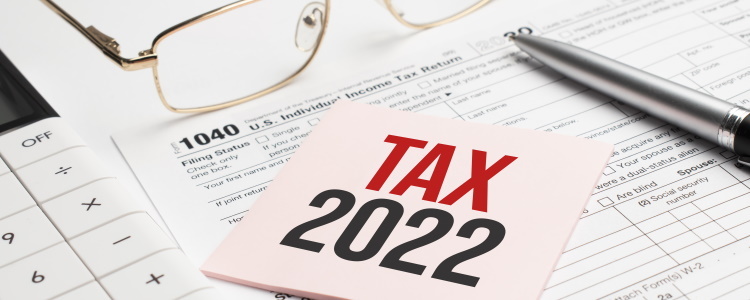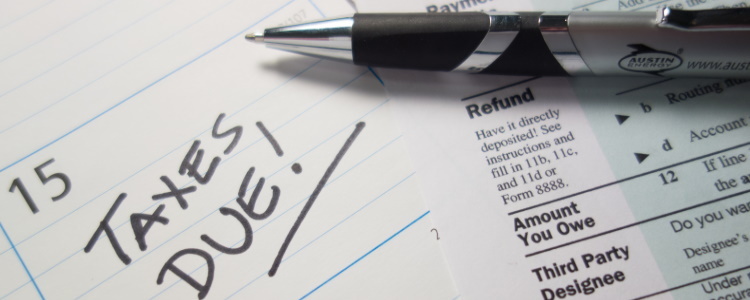Tax season is barely in full swing, yet already the Internal Revenue Service (IRS) is asking taxpayers to beware. This year, it’s not just individuals that the IRS has identified a threat on, but tax professionals as well.
Tax Professionals and Clients Beware
 The IRS has warned tax professionals to be on the lookout and increase security measures. So far, there has been a barrage of phishing emails identified that are set up to secretly download and steal client data. Within the first few days of filing season, the new scam was identified as cybercriminals began stealing data from tax professionals' computers and filing fraudulent tax returns.
The IRS has warned tax professionals to be on the lookout and increase security measures. So far, there has been a barrage of phishing emails identified that are set up to secretly download and steal client data. Within the first few days of filing season, the new scam was identified as cybercriminals began stealing data from tax professionals' computers and filing fraudulent tax returns.
Some of these returns used real taxpayers’ bank accounts for their deposit. In these cases, a woman posing as an official from a debt collection agency contacted taxpayers stating a refund was issued in error, and asking these people to forward the money to her.
Fighting Cybercrime and Identity Theft
Along with state tax agencies and tax industry professionals, the IRS is continually fighting back against tax-related identity thieves. This has allowed Security Summit partners to make inroads against identity theft and, because of this, cybercriminals have been forced to expand their tactics. According to the IRS, this new scheme is, unfortunately, just the first of many that will be identified in the coming months.
Because of the advances made in the fight on cybercrime, thieves have had to resort to using more real client data, which makes fraudulent claims harder to spot and stop. However, these criminals usually find a way to route the money to themselves, rather than the real taxpayer.
There are procedures in place for both tax professionals and taxpayers to report these crimes to the IRS. Tax professionals should contact their state’s IRS Stakeholder Liaison, who will notify the appropriate IRS officials.
What to Do If You Find Yourself Scammed
As a taxpayer, you should always be looking out for any unusual activity during tax time. If you receive tax transcripts or refunds that you didn’t request, you should take steps to stop the identity theft and return the refund right away. You can review the Taxpayer Guide to Identity Theft from IRS.gov for complete actions.
If you get a direct deposit refund and didn't request it, follow these steps:
- Contact the Automated Clearing House department of the bank or financial institution and have them return it to the IRS.
- Call the IRS toll-free at 800-829-1040 for an individual or 800-829-4933 for a business to explain why the deposit is being returned.
- Be aware that interest may accrue on the refund, even though it was made in error. More information is available online at IRS.gov under Returning an Erroneous Refund (Topic 161).
Though identity theft is a very real threat, there are people working every day to ensure the safety of your information as our tax process moves more and more online. You should always be aware of when and how you file, and keep a sharp eye out when something doesn’t seem right – but don’t refrain from filing. This year, taxpayers have until Tuesday, April 17 to file their returns and pay any taxes owed.
Using Your Refund for a Car
When you do get your refund, there are plenty of ways you can use it. One way is to put all or part of that money toward a down payment on your next vehicle. If bad credit has you worried that no amount of money down can help your situation, Auto Credit Express is here to let you know there’s help available.
We can point you toward a local special finance dealer that has the lending resources to work with people who are credit challenged. It’s free of cost, and there’s never any obligation, so don’t delay. Get the process started by filling out our online auto loan request form now.


















